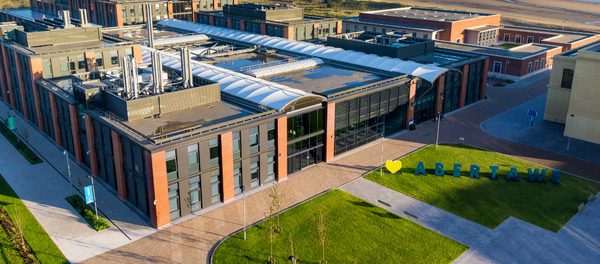"We have conducted a thorough investigation around the Brexit referendum and found no evidence of interference. Again, we looked at all advertisements with any connection to Russia and we found no evidence of our services being used to interfere in the Brexit referendum," Downs said during a panel discussion on "fake news" at the George Washington University in the US capital.
READ MORE: UK Scientists Reportedly Find "Russian Traces" in 419 Twitter Accounts on Brexit
The investigation into alleged Russian meddling in the Brexit vote, carried out by the UK House of Commons' Select Committee on Culture, Media and Sport, has produced no substantial results so far.
READ MORE: Russian Embassy Slams 'Unfounded Accusations' of Alleged Interference in Brexit
British Foreign Secretary Boris Johnson stated that he had "seen no evidence," commenting on the allegations of Russia's influence on the results of the country's long-disputed referendum on Brexit.
READ MORE: UK Finds No Evidence of Successful Foreign Meddling, But Will Tackle it Anyway
The UK House of Commons' Select Committee on Culture, Media and Sport's probe began in October, soon after UK opposition lawmaker Ben Bradshaw called on the government to investigate "widespread concern over foreign, and particularly Russian, interference in Western democracies," in particular, during the Brexit campaign. The UK decision to succumb to the widespread trend of Russia-bashing means that Britain chose to follow in the footsteps of the US, where the investigation by the FBI and the Department of Justice led by Special Counsel Robert Mueller into alleged Russian meddling in the 2016 presidential election has been conducted since May 2017 alongside with another probe by the US Congress.



